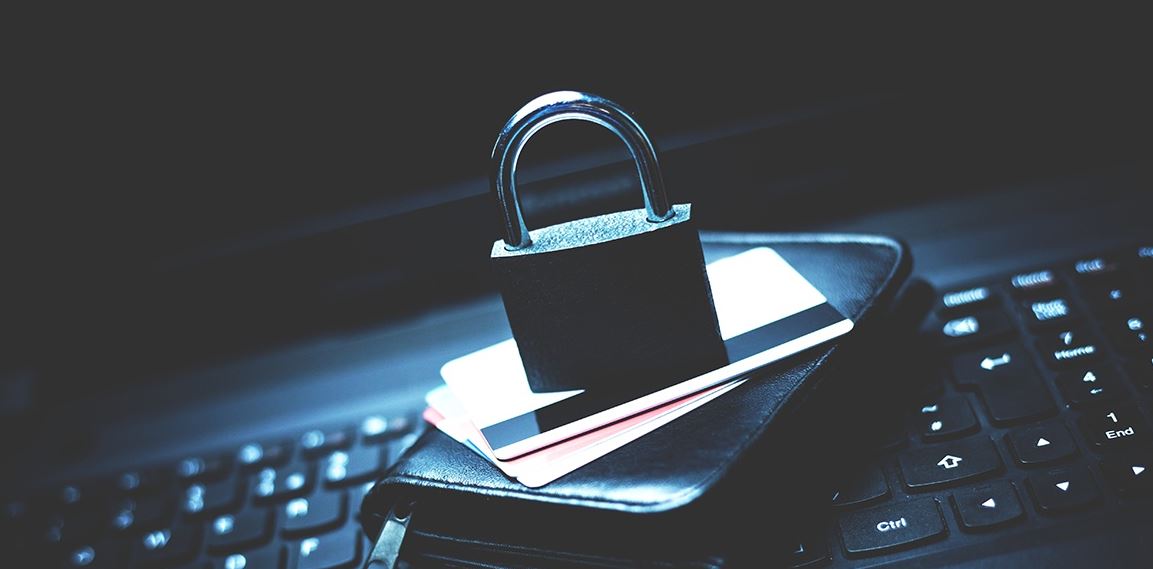Identity theft is the appropriation of a person’s identity to impersonate them in front of third parties, public or private, and thus obtain resources or benefits in their name, or transgress their reputation. Whoever commits it obtains and makes unauthorized and illegal use of personal data.
You should look for the best identity theft protection service to keep you free from such occurrences. With identity theft, it is possible to contract loans or services on behalf of another, make purchases, carry out real estate transactions, intervene in bank accounts, post messages or send information to contact lists.
The Most Common Tactics They Use for Identity Theft
- Some of them
 don’t need internet. These are the so-called social engineering tactics and they resort to obtaining data through deception and manipulation. One is pretexting, in which the attacker has a previous study of the victim and finds a vulnerable moment to persuade her to give information without her realizing it. Another is phone extortion, which is when the scammer poses as someone else to obtain data.
don’t need internet. These are the so-called social engineering tactics and they resort to obtaining data through deception and manipulation. One is pretexting, in which the attacker has a previous study of the victim and finds a vulnerable moment to persuade her to give information without her realizing it. Another is phone extortion, which is when the scammer poses as someone else to obtain data. - In addition, attackers can also use spy tools. One variant is shoulder surfing, which is when scammers closely observe their victim for PINs or security codes.
- Another tactic is to search for personal documents thrown away. This is known as dumpster diving.
- Other forms of identity theft outside the network are credit or debit card skimming or cloning. Vishing is when the scammer pretends to be a member of a corporate and asks the victim to “verify” information by phone, and SMiShing, which involves sending SMS messages to force visitors to a fraudulent page.
- Within the internet, the five most used tactics are spam and SPim, which work in a similar way with misleading emails or advertisements to access your information; the keystroke log, which identifies the keys you press while browsing or making purchases online; the phishing, or phishing, and pharming, which equal the spam seeking victims from accessing fraudulent websites with attractive messages (such as obtaining a prize) or alarm (false notices of alleged official pages).
Recommendations
- Keep your personal documents and passwords safe, both physical and digital.
- Shred your personal documents when they are no longer needed.
- Think before posting or sharing personal information on social networks and properly configure privacy levels.
- Protect your computer, smartphone, and tablet.
Also, be careful when they ask you for information in person, online, or by phone; investigate if you receive cards, services, or items that you have not requested; keep you alert for any unusual bank transactions; Try to always have your credit or debit card in view when you pay in establishments, and carry out transactions through safe practices, for example, avoiding making purchases from a public Wi-Fi network.…
when they ask you for information in person, online, or by phone; investigate if you receive cards, services, or items that you have not requested; keep you alert for any unusual bank transactions; Try to always have your credit or debit card in view when you pay in establishments, and carry out transactions through safe practices, for example, avoiding making purchases from a public Wi-Fi network.…

